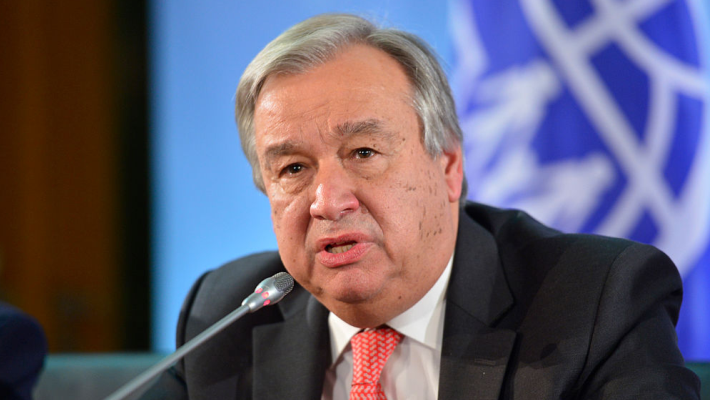UN lifts arms embargo on Central African Republic
On Tuesday, the UN Security Council lifted the territorial arms embargo on the Central African Republic, which had been imposed in 2013 following the outbreak of civil war. The country’s foreign minister had described the embargo as “unjust.”
The resolution was adopted unanimously, removing the sanctions that had been partially relaxed last year when the Security Council agreed to exempt government forces from the embargo. While the territorial embargo was lifted, a new ban on sales to “armed groups” operating in the country was introduced, effective until the end of July 2025—essentially continuing an existing measure.
“This diplomatic victory is a first step that restores dignity to the Central African Republic and its people, making Central African diplomacy a model of perseverance and determination in the quest for a fairer world,” said Central African Republic’s foreign minister, Sylvie Baipo-Temon.
“It has taken months, years, to put an end to a sanction which, as I have always said, may have seemed justified in 2013 but has since become unjust,” Baipo-Temon added.
The civil war began in the former French colony when a predominantly Muslim armed coalition known as the Seleka overthrew former president Francois Bozize in 2013. French intervention and the deployment of UN peacekeepers led to elections in 2016, resulting in President Faustin-Archange Touadera’s election. In 2018, he enlisted the help of fighters from Russia’s Wagner mercenary group to train his armed forces.
Although the conflict’s intensity decreased from 2018, the country continues to experience sporadic violence from rebel groups and disputes over its natural resources, such as gold and diamonds.
Following the Security Council vote, Russian UN ambassador Vassily Nebenzia suggested that it might be time to consider lifting the arms embargo on illegal armed groups operating in the Central African Republic. He added, “The problem of illegal armed groups can only be resolved through sovereign efforts to stabilize and ensure security within national borders, in cooperation with neighboring countries.”


